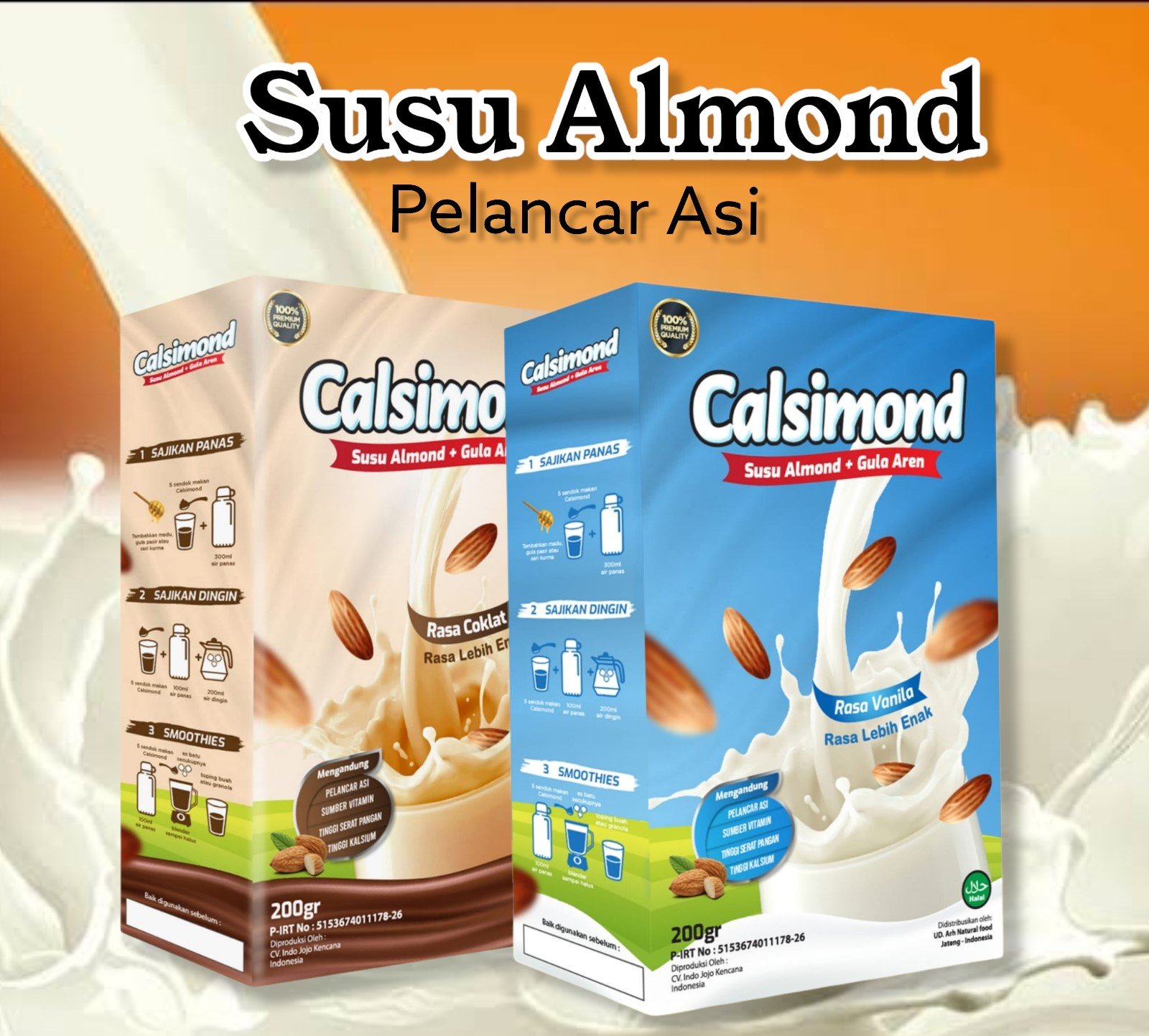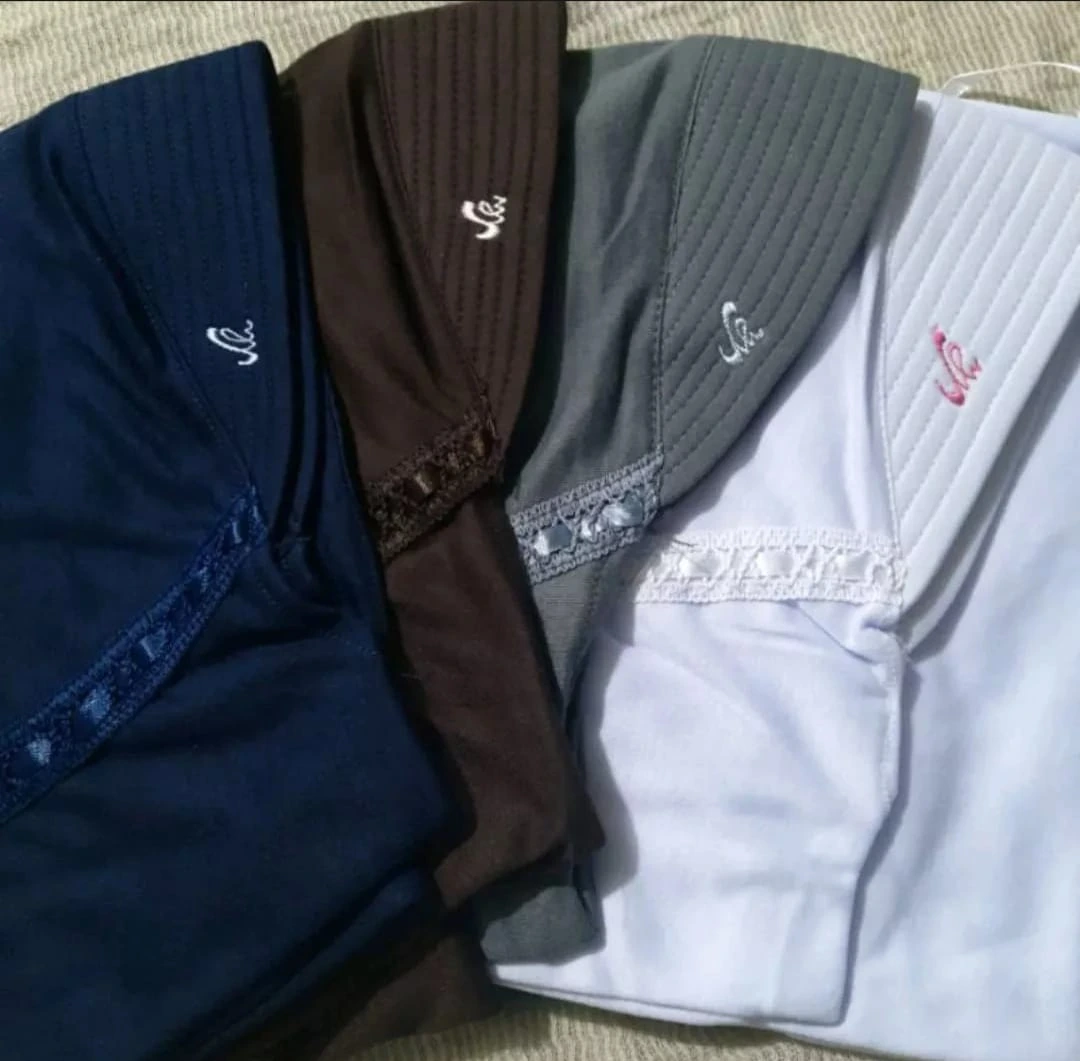JAKARTA, BERITAPOLITIK.ONLINE — Scientists found that the herpes zoster vaccine that is usually given to older adults can provide long-term benefits for heart health, protecting against cardiovascular disease for up to eight years.
Written the Medical Daily page, Tuesday (6/5), a new finding published in the European Heart Journal, herpes zoster vaccine can reduce the overall risk of major cardiovascular events by 23 percent, including stroke, heart failure, and coronary heart disease.
“Our study shows that the herpes zoster vaccine can help reduce the risk of heart disease, even in people who do not have known risk factors. This means that vaccination can provide health benefits in addition to preventing herpes zoster,” said Professor Dong Keon Yon, who led the study.
The findings are based on extensive data from more than 1 million people in South Korea, who have been tracking them since 2012 and so on. Researchers analyze their vaccination status along with cardiovascular health data, as well as other factors that influence such as age, sex, wealth, and lifestyle.
When individual protection effects are calculated, the vaccine is found to reduce the risk of heart failure by up to 26 percent, coronary heart disease by up to 22 percent, as well as strokes and heart attacks by up to 26 percent.
The effect of the vaccine protection is very strong among men, adults under 60 years, and those who have unhealthy lifestyle habits such as smoking, drinking excessive alcohol, or a lack of physical activity.
Herpes zoster infection is associated with damage to blood vessels, inflammation, and formation of blood clots, all of which can cause heart disease. By preventing herpes zoster, vaccines can help reduce this risk.
Herpes zoster causes painful skin rashes and severe complications, especially in older adults and people with weak immune systems. About 30 percent of people can be affected by this infection if not vaccinated.
The stronger benefits observed in younger individuals are most likely caused by a stronger immune response, while greater protection in men may be caused by differences in the way the vaccine affects them.






